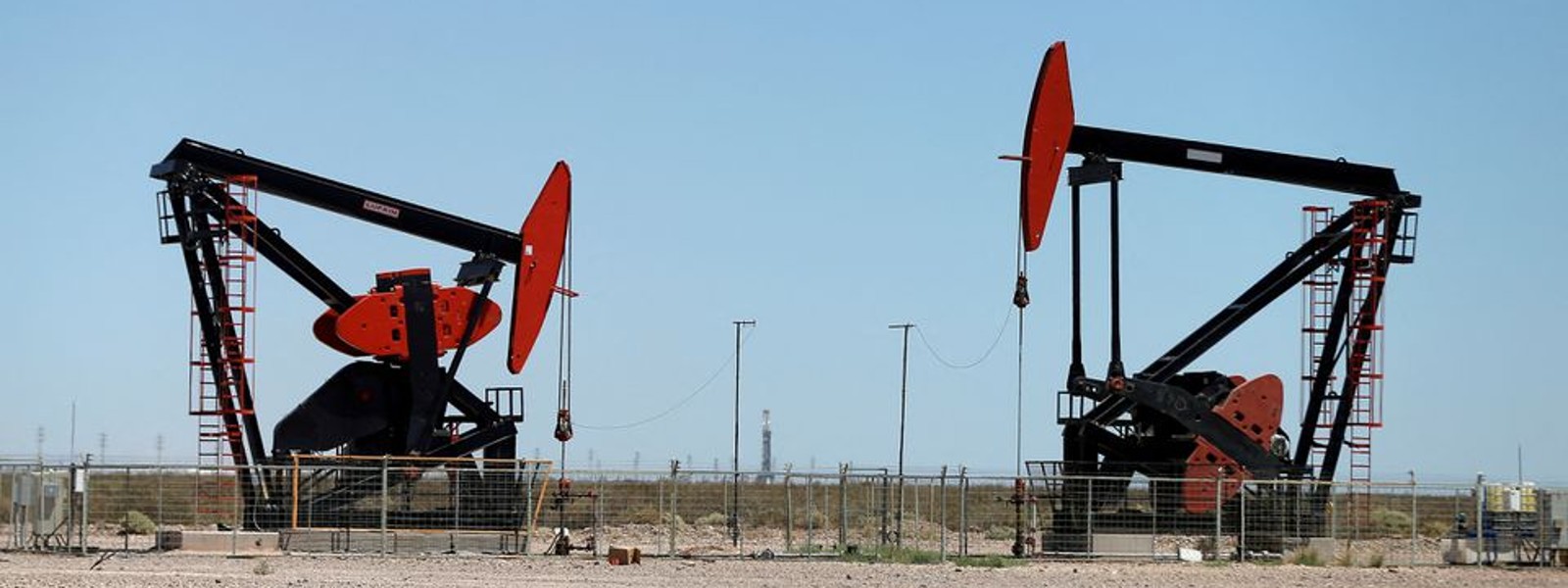.webp)

Russian oil capped!
Russia’s invasion of Ukraine has produced the largest military conflict since the Second World War. NATO and the EU have been consistently directing all strategies towards weakening the grit of the Kremlin and serving them with sanctions that have been having extraordinary implications on Russia’s economy and world trade. However, Russia’s monopoly over the oil and natural gas trade has emboldened Putin to weaponize his commodities for the benefit of his war effort.
In the initial weeks of the winter offensive, Russian military command embarked on a ‘blitzkrieg’-esq campaign that targeted Ukrainian infrastructure and especially power grids through air strikes. These air strikes left thousands of Ukrainians without electricity or power in sub-zero temperatures. In retaliation, the G7 nations together with the European Union have been in discussions to raise the stakes against Russia; the countries collectively came to a consensus that there will be imposed on Russia, a price cap of $60 on Russian oil in tandem with an EU embargo on Russian crude oil effective from Monday the 5th of December. The embargo once it has taken effect, will prevent shipments of crude oil into the EU, which will account for 2/3rds of imports, and thus depriving Russia of billions of Euros. Ukraine’s presidential chief of staff Andriy Yermak responded that these sanctions and economic limitations will succeed in ‘destroying Russia’s economy’ and that a ‘$30 price cap would have destroyed it more quickly’. The G7 nations are committed toward delivering on their responsibility to inhibit Russia’s capacity to profit from this war of aggression. The price cap is also to be imposed with the intention of preventing negative economic spillovers from the war, and to limit Putin’s capacity to fund the war.
In a conversation with German chancellor Olaf Schulz, Putin divulged that Russian air strikes on Ukrainian infrastructure was an ‘inevitable’ response to provocations from Kyiv; I. e. the Russian leader cited Ukraine’s October bombing of the Russian bridge linking Moscow and Crimea. Whilst the response of Schulz was urgently encouraging Putin to come to a diplomatic solution with Zelenskyy, the Ukrainian president has ruled out any peace talks so long as Putin remains in control of the Kremlin.
Kremlin spokesperson Dimitry Peskov made a statement on behalf of the Kremlin and Russia leadership that Russia will not accept the price cap. The sanctions could have one of two effects; it could deteriorate the Russian war machine or it could have a negative domino impact on the global economy
Other Articles
Featured News





.png )
-754083_550x300.jpg)






.gif)








.webp)






